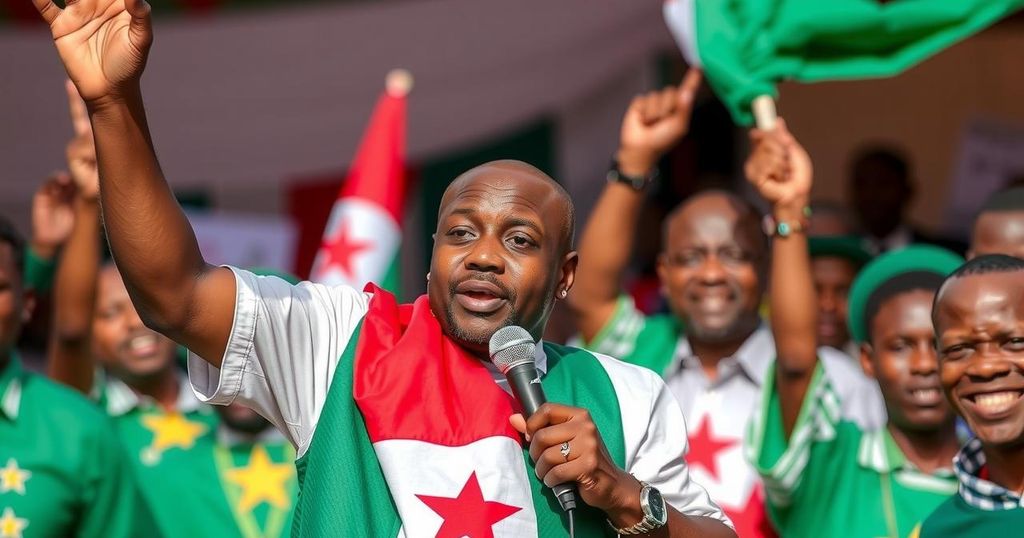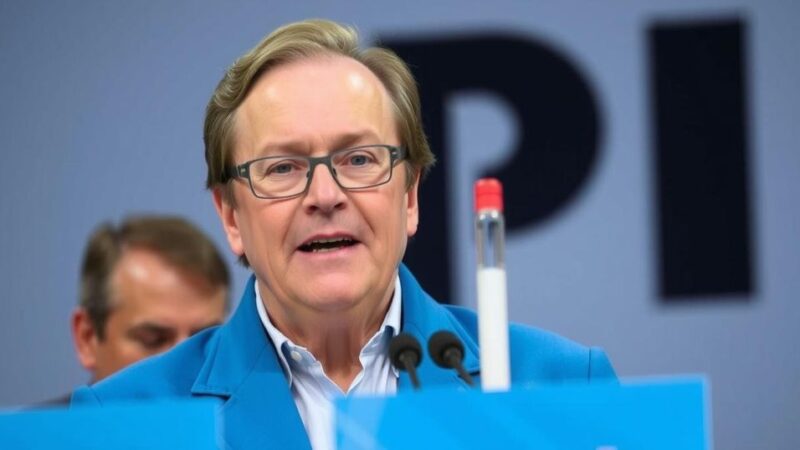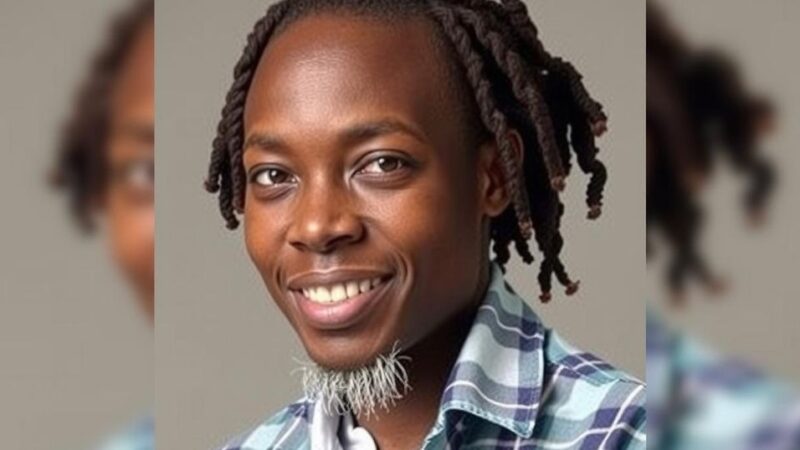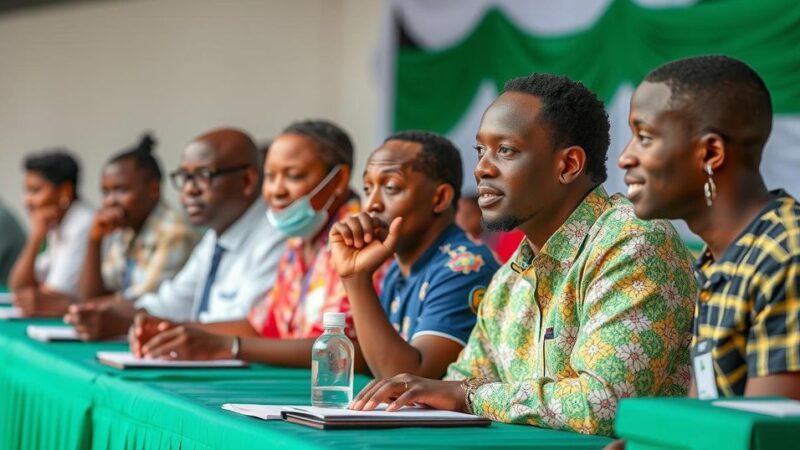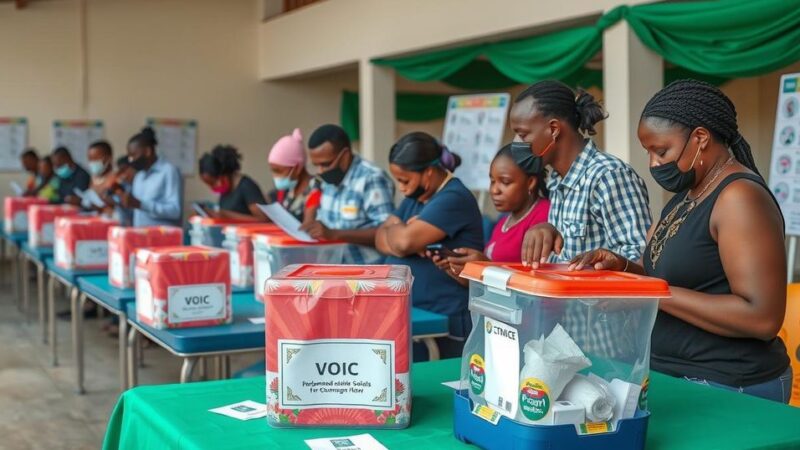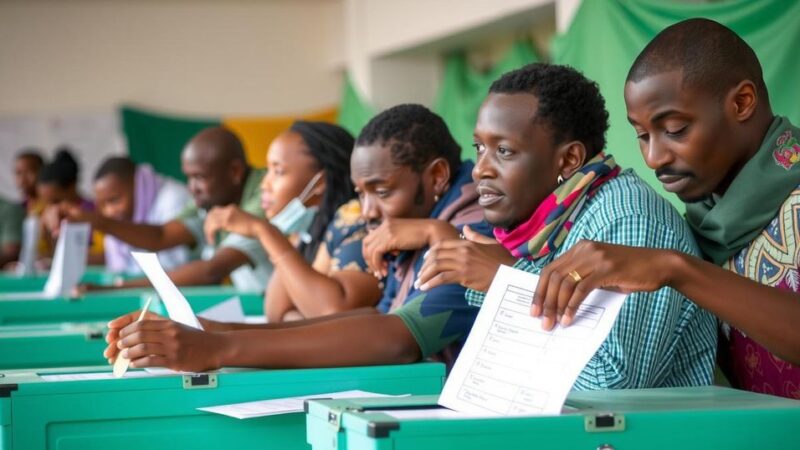Chad’s ruling party secured a majority in recent parliamentary elections that were boycotted by the main opposition, further solidifying President Mahamat Idriss Deby’s power amidst calls for decentralization. The elections occurred during a critical time for Chad, dealing with security issues and strained ties with France.
In a recent parliamentary election held in Chad, the ruling party emerged victorious, securing a significant majority of the votes. This election, which was largely boycotted by the main opposition parties, is seen by analysts as a move to reinforce President Mahamat Idriss Deby’s political authority. The elections, which also encompassed regional and municipal contests, marked the concluding phase of a transition towards democracy initiated following Deby’s rise to power in 2021 after the death of his father, former President Idriss Deby Itno, who held office for thirty years.
President Deby has emphasized the importance of this election, stating that it would steer the country towards a long-anticipated era of decentralization, distributing powers across various provincial and municipal authorities. However, more than ten opposition parties, including the prominent Transformers party, chose to boycott the elections, labeling the process a “charade.” They voiced concerns that the election would mirror the dubious nature of the previous presidential vote, which was deemed untrustworthy by electoral observers. As such, the main opposition did not issue an immediate response to the provisional results of these elections.
The timing of the elections coincided with a troubling period for Chad, marked by ongoing security threats from militant groups like Boko Haram, particularly in the Lake Chad region. Additionally, the country is navigating a critical moment in its international relations, having recently severed long-standing military partnerships with France, a key ally in the region. Such challenges underscore the complex political landscape that the newly elected government must address moving forward.
Chad has undergone significant political transitions since Mahamat Idriss Deby assumed leadership as a military ruler in 2021 following the death of his father, Idriss Deby Itno. The latter was a dominant political figure for thirty years. The recent parliamentary elections were integral to the transition towards a more democratic governance framework. The boycott by the main opposition parties illustrates deep political divisions and raises questions about the credibility of Chad’s electoral processes amid concerns over the country’s security status and international relations.
In conclusion, Chad’s ruling party’s victory in the parliamentary elections, despite the boycott by the main opposition, illustrates President Deby’s consolidation of power amidst existing political and social challenges. The postponed journey towards true democracy is marked by significant opposition distrust and ongoing security threats. Thus, the newly established government faces a daunting task of not only legitimizing its authority but also steering the nation through turbulent waters.
Original Source: www.washingtonpost.com

